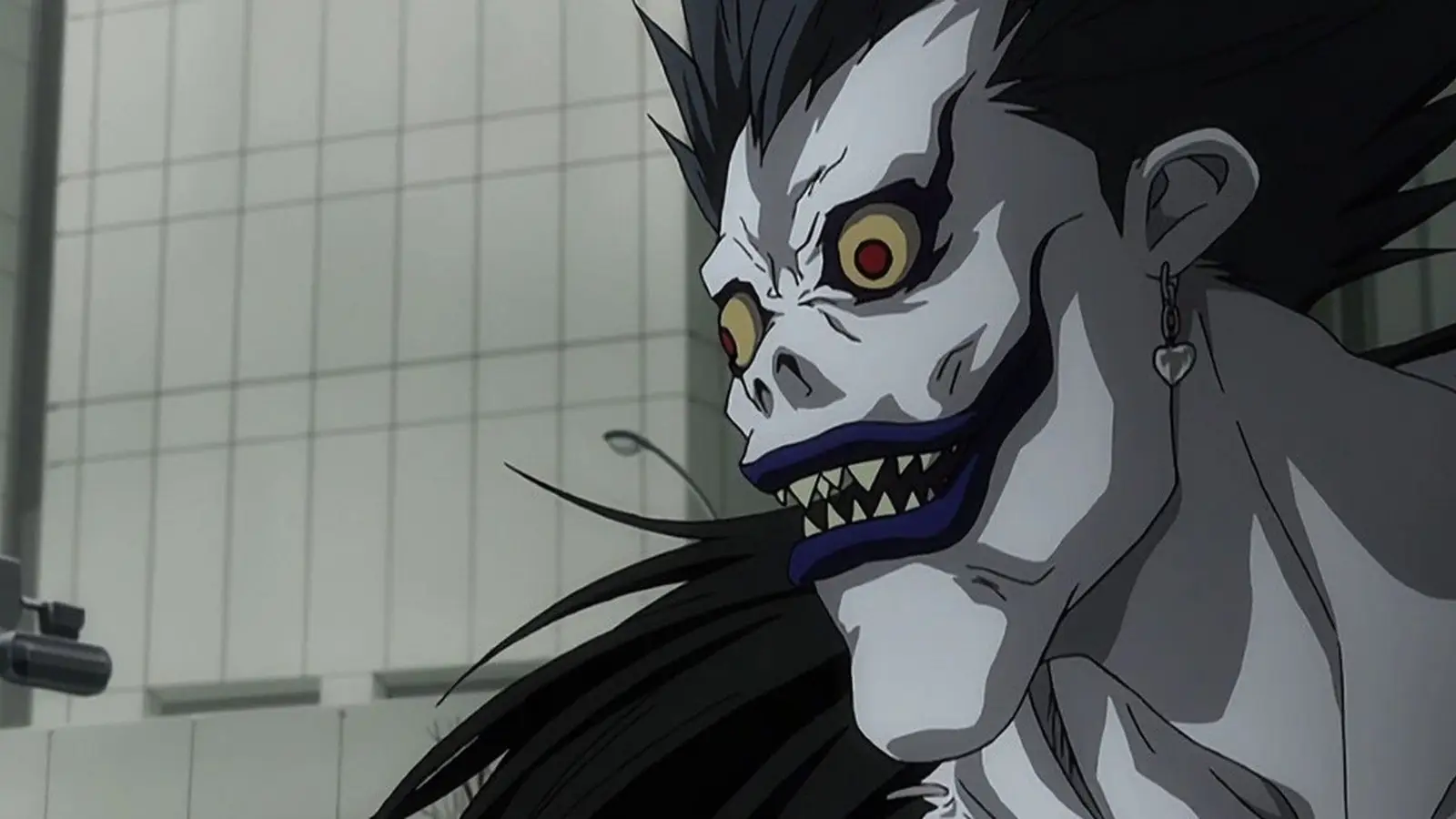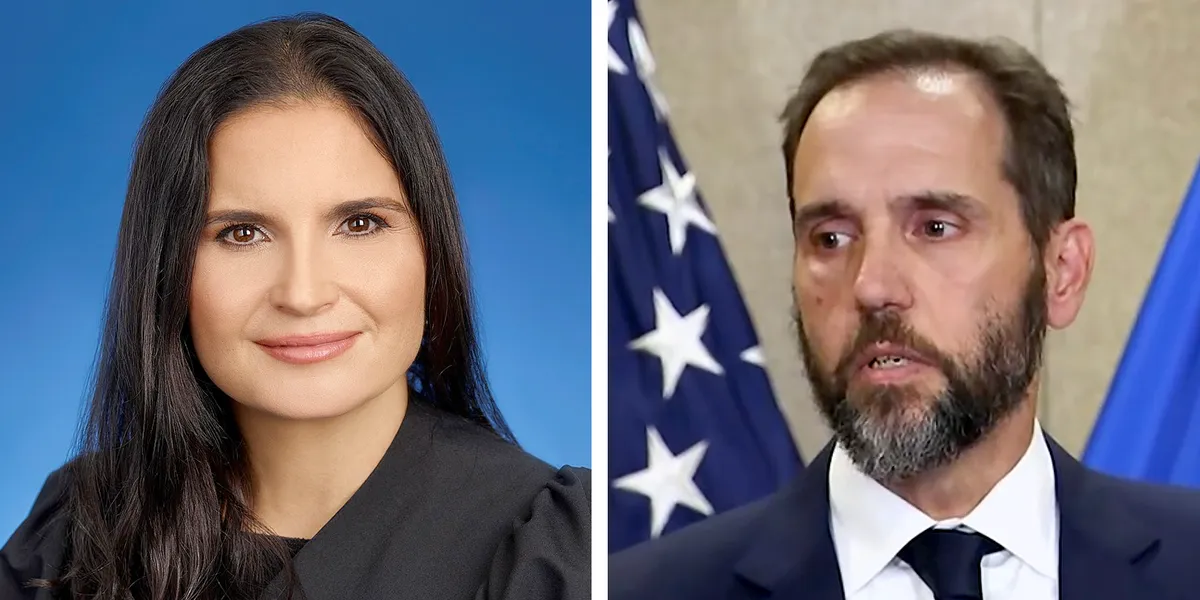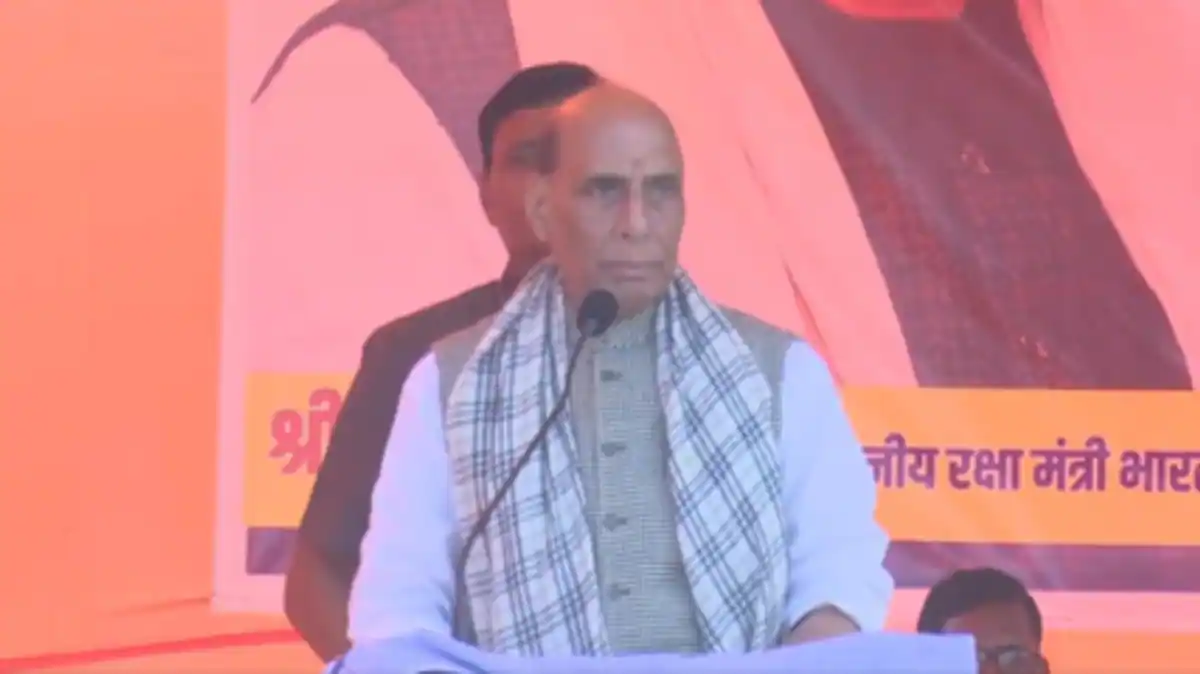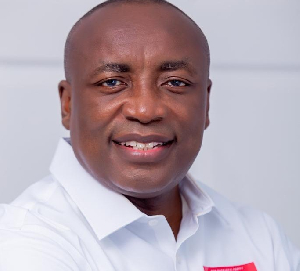Copyright Screen Rant

For many anime fans, Death Note was the gateway into psychological storytelling that could rival even Hollywood’s most gripping thrillers. Across its 37 episodes, the 2006 anime delivers a tense, cerebral experience following Light Yagami as he descends into moral corruption, turning justice into obsession. Its cat-and-mouse battles with L remain some of the most iconic moments in anime history. However, as unforgettable as Death Note is, it’s far from the only series that masterfully blends intellect, paranoia, and shock. Plenty of anime surpass it when it comes to psychological depth, unsettling atmosphere, and narrative complexity. These shows take the mind games to darker, more profound, and more disturbing heights that make Light’s “god of the new world” ambitions feel almost modest. Steins;Gate (2011) The Psychological Consequences Of Time Travel Laid Bare Steins;Gate begins as a quirky sci-fi romp but soon unravels into one of anime’s most emotionally devastating psychological thrillers. The story follows Rintarou Okabe and his friends as they accidentally invent a method of sending messages through time and unleash irreversible consequences. What Steins;Gate does better than Death Note is its intimate focus on guilt and obsession. Where Light’s morality collapses under the weight of his god complex, Okabe’s sanity fractures under relentless trauma and the burden of impossible decisions. The slow unraveling of his psyche hits far harder because it’s grounded in love and loss, not ego and power. Instead of intellectual duels, Steins;Gate traps its protagonist in an emotional labyrinth. The show’s brilliance lies in how it turns time travel, a sci-fi staple, into a psychological weapon that’s every bit as haunting as the Death Note itself. Monster (2004-2005) Realistic Psychological Horror That Doesn't Need Supernatural Elements Set in post-Cold War Europe, Monster follows Dr. Kenzo Tenma, a brilliant surgeon who saves the life of a young boy who grows up to become a sociopathic killer. What follows is a sprawling, 74-episode exploration of morality, identity, and the nature of evil. Unlike Death Note, Monster never relies on fantasy to unsettle its audience. Its horror is purely human. The terror all stems from the realization that true monsters can exist in the real world. The slow-burn pacing, psychological nuance, and the chillingly charismatic antagonist Johan Liebert create a tension that feels more grounded and more disturbing than Light’s supernatural crusade. By stripping away the supernatural, Monster forces viewers to confront evil as something ordinary and intimate. Every quiet conversation or moral choice feels like a potential descent into madness, a psychological horror theme that Death Note only brushes against. Code Geass (2006-2007) Power And Morality Create A Far More Explosive Mind Game Than Death Note Code Geass centers on Lelouch Lamperouge, an exiled prince who gains a power known as the Geass, allowing him to command absolute obedience. Like Light Yagami, Lelouch wields his newfound ability in pursuit of a utopian vision, but the psychological cost of that power makes Code Geass the more dynamic and layered of the two. While Death Note thrives on cat-and-mouse duels, Code Geass takes those mental battles global. Every episode escalates into a moral dilemma wrapped in political intrigue, where each victory comes with devastating emotional fallout. Lelouch’s torment feels rawer and more multifaceted than Light’s descent into arrogance. Most importantly, Code Geass never loses sight of the personal amid the spectacle. It captures the agony of leadership and the seductive pull of righteousness far better than Death Note’s cold intellectualism ever could. Neon Genesis Evangelion (1995-1996) The Human Psyche Has Never Been Deconstructed More Brutally Few anime dissect the human mind with as much intensity as Neon Genesis Evangelion. On the surface, it’s a mecha series about teenagers piloting giant robots to fight monsters. Beneath that, however, it’s a harrowing study of depression, anxiety, and existential despair. It’s for this reason its become just as iconic as Death Note, if not more so. Shinji Ikari is a far cry from Light Yagami’s confident genius. His fragility and constant self-doubt make him a painfully human protagonist, one whose internal struggles reflect universal fears of loneliness and inadequacy. Where Death Note externalizes morality through murder and manipulation, Evangelion turns the battle inward, framing it as a conflict between ego, trauma, and the will to live. By the time Evangelion reaches its mind-bending finale, it’s clear that its psychological depth isn’t just narrative, it’s philosophical. The show’s raw introspection makes Death Note’s intellectual games feel like child’s play by comparison. Fullmetal Alchemist: Brotherhood (2008-2010) Moral Consequences Explored With Greater Emotional Depth Than Death Note Fullmetal Alchemist: Brotherhood may be best known for its world-building and action, but it’s also a masterclass in moral complexity. The Elric brothers, Edward and Alphonse, face the devastating consequences of their own ambition after attempting human transmutation to resurrect their mother. While Death Note fixates on justice and ego, Brotherhood delves deeper into guilt, redemption, and the human cost of knowledge. Every arc tests its characters’ psychological limits, from the horrifying truths of the Philosopher’s Stone to the emotional trauma of loss and sacrifice. What sets it apart is empathy. Fullmetal Alchemist: Brotherhood challenges not just the intellect but the heart, offering moral lessons and emotional devastation that hit far harder than Light’s detached manipulation of the Death Note ever does. Ghost In The Shell: Stand Alone Complex (2002-2005) Questions Identity And Consciousness More Profoundly Than Death Note Ever Managed To Ghost in the Shell: Stand Alone Complex is a cyberpunk masterpiece that fuses philosophy, politics, and psychology into one sleek, cerebral package. Major Motoko Kusanagi leads Section 9, a special operations unit navigating the blurred line between human consciousness and artificial intelligence. Death Note questions morality, but Stand Alone Complex questions existence itself. Its episodic structure allows it to probe identity, autonomy, and the ethics of technology, psychological dilemmas that go far beyond Light’s sense of justice. Each mystery forces viewers to reconsider what it means to be human in a world where the self can be copied, deleted, or hacked. By tackling the psyche from a post-human perspective, Stand Alone Complex expands the psychological thriller into new territory - one that’s more intellectually challenging and thematically unsettling than Death Note’s moral drama. Attack On Titan (2013-2023) Psychological Despair On A Scale Far Greater Than Death Note Attack on Titan begins as a story of survival but evolves into one of the most psychologically crushing narratives in anime history. Eren Yeager starts as an idealistic youth fighting monsters, only to become a weapon of destruction himself. Death Note may explore the corruption of power in a contained, intellectual way, but Attack on Titan magnifies that theme into a global tragedy. Every revelation, from the truth about the Titans to the moral horror of the world’s politics, forces its characters and viewers into spirals of despair and existential dread.



